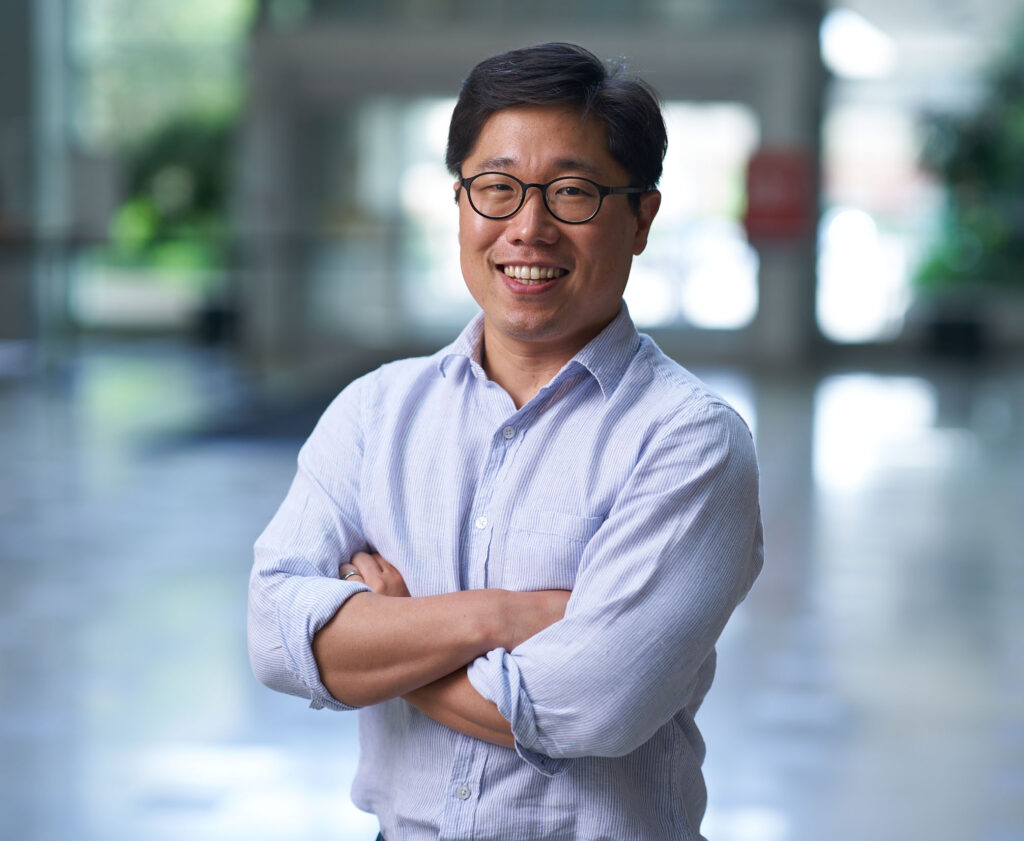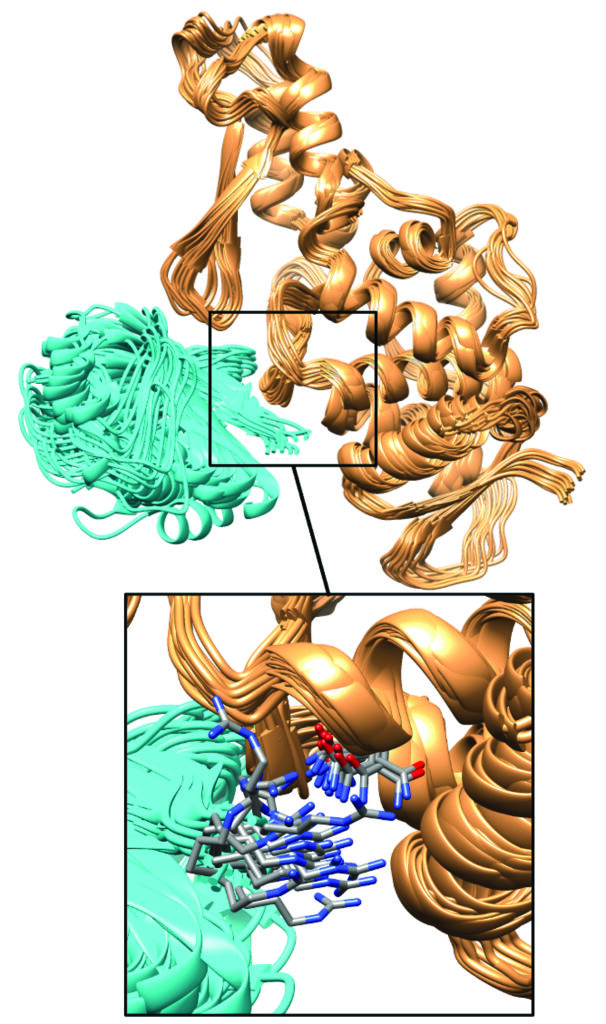
Jason Yi, PhD, assistant professor of neuroscience at Washington University School of Medicine in St. Louis, has joined the scientific advisory board of the Angelman Syndrome Foundation, an organization that supports research on this rare disorder. His expertise on UBE3A, the protein that is lacking in individuals with Angelman syndrome, will advance the board’s work of helping to guide the research strategy for the organization.
“We were looking for specific expertise that was lacking in our board,” said Amanda Moore, the CEO of the Angelman Syndrome Foundation. “What we love about Jason is he is really strong at looking at UBE3A to understand more about Angelman syndrome.”
Angelman syndrome affects about one in every 20,000 people and individuals experience severe developmental delays, seizures, a lack of verbal communication and challenging issues with sleep.

Image courtesy Angelman Syndrome Foundation
Typically, the disorder is caused by a large deletion on the 15th chromosome that eliminates the UBE3A gene. Yi, who is also an investigator in the Intellectual and Developmental Disabilities Research Center and in the Hope Center for Neurological Disorders at the medical school, is interested in how small variants in the gene—rather than such largescale alterations—might affect the protein and possibly also lead to Angelman syndrome.

Image: Joseph Harrison, University of the Pacific
For patients with symptoms of Angelman syndrome and these smaller genetic changes, a diagnosis can be evasive because they lack the hallmark chromosomal deletion.
“A lot of individuals who have these variants may be affected, but without basic research it’s hard to know if it’s affecting what UBE3A encodes or not,” said Yi. “So we try to come up with ways in which we can get that answer quickly, and get a diagnosis for kids who may have Angelman syndrome but in a nontraditional way.”
Yi’s work has been supported in part by a two-year grant from the Angelman Syndrome Foundation. As a member of the scientific advisory board, he will review grant applications from investigators and advise the organization on funding decisions in addition to helping set the agenda for research priorities.
Moore said Yi’s ability to communicate his research to families has been important to keeping them up-to-date on the latest science. “He’s a wonderful human being. I’ve gotten to know him the past couple of years and any time I ask him to speak at a webinar, he’s so good at helping families understand the research,” said Moore. “I look forward to continuing to support the work that he’s doing.”